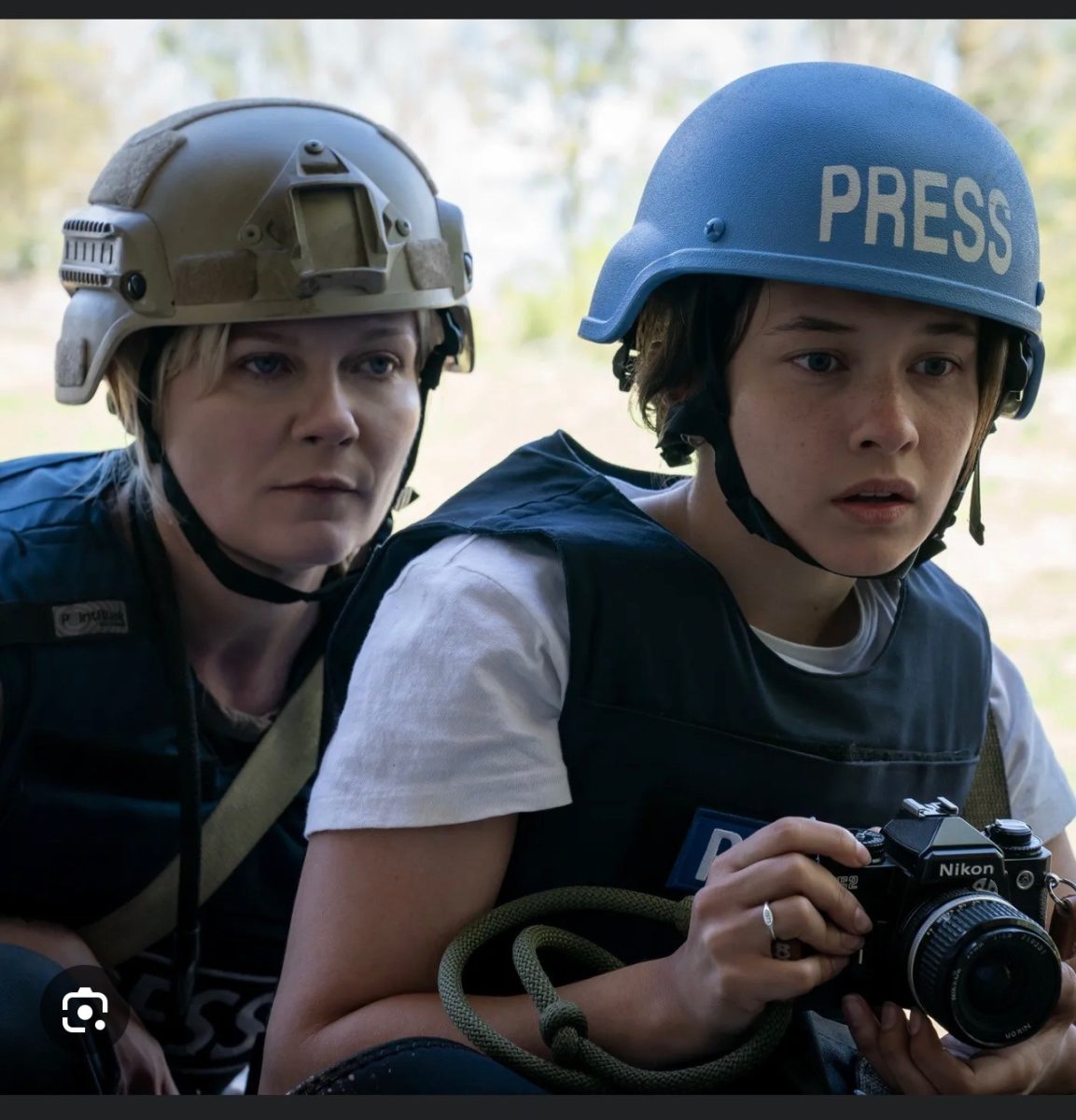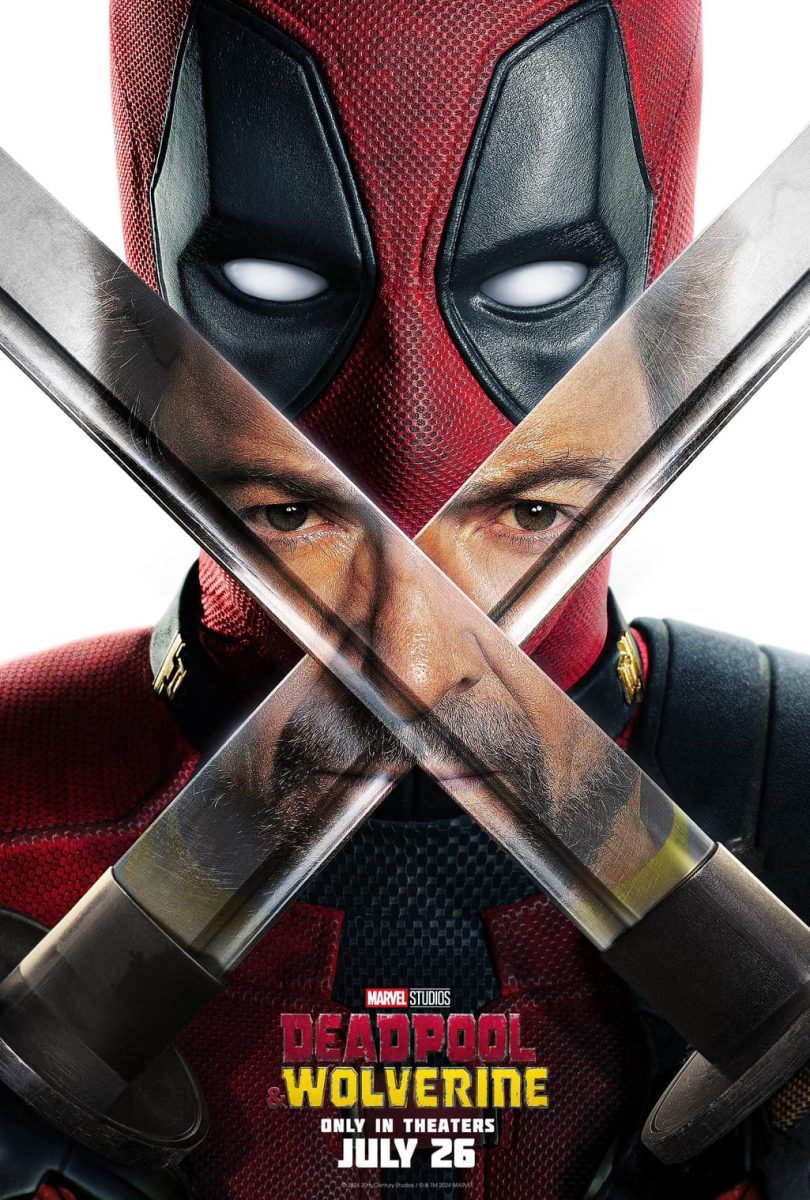The ability to become the biggest name in the industry while doing everything wrong is not unique to video games.
Wizards of the Coast current rights holder to the most highly recognized tabletop roleplaying game, Dungeons & Dragons produced the third edition of the game in 2000 (followed by “3.5” in 2003), but not without problems. Many aspects were poorly—if at all—balanced (a vast discrepancy between magic users and pure martialists, for example) or suffer from a complete lack of playtesting, such as—seemingly—the entire latter half of the game.
In 2008, Wizards announced a new edition before they had anything to sell, and needed to keep the lights on while they wrote it. Fourth Edition was the Windows ME of the rpg scene. Wizards revoked licensing for third-party magazines so they could try to capitalize on digital revenue. Setting up a paid digital subscription service, they used the Internet to trickle “extra” material. The books omitted entire parts of the game which had been around since the earliest days—such as the monk class, necromancy or summoning, and even orcs as a playable race—to save for online, if they even came out. Supposedly these things simply weren’t ready. Speaking as one who regularly writes to deadline, and writes game material, this is a poor excuse.
Guardians of Order, a company which produces games such as Silver Age Sentinels and Big Eyes Small Mouth (an anime/manga inspired rpg) printed a “manifesto” inside their covers, which basically translates to “Any problem with this game you experience is your fault. Our system is flawless and ineffable. Feel free to give your money to one of our competitors if you’re too stupid to play our game.”
A third company, White Wolf, regularly published essays in their books telling players that they were playing the games wrong if they were experiencing anything other than crushing despair. White Wolf produced games for a supernatural “horror” setting known as World of Darkness. In these games, players are some manner of supernatural being—a werewolf or a vampire, for example. You’re supposed to focus on your alienation from base humanity, and struggle against literally unbeatable odds. The lead designer, Mark Rein·Hagen, has told people that playing in the World of Darkness is “like standing on a [piece of excrement] in a toilet, and someone just flushed.”
Every gamer has their favorite professional system, even if it has flaws. Admittedly, flaws are inevitable; that’s what errata are for (as opposed to the ass-covering Wizards often uses it as), and it’s unrealistic to expect a game to ship perfect and without blemish. That’s no excuse, however, to publish bad games out of laziness—or worse, the idea that depression and ostracism is something gamers want to experience more of.







